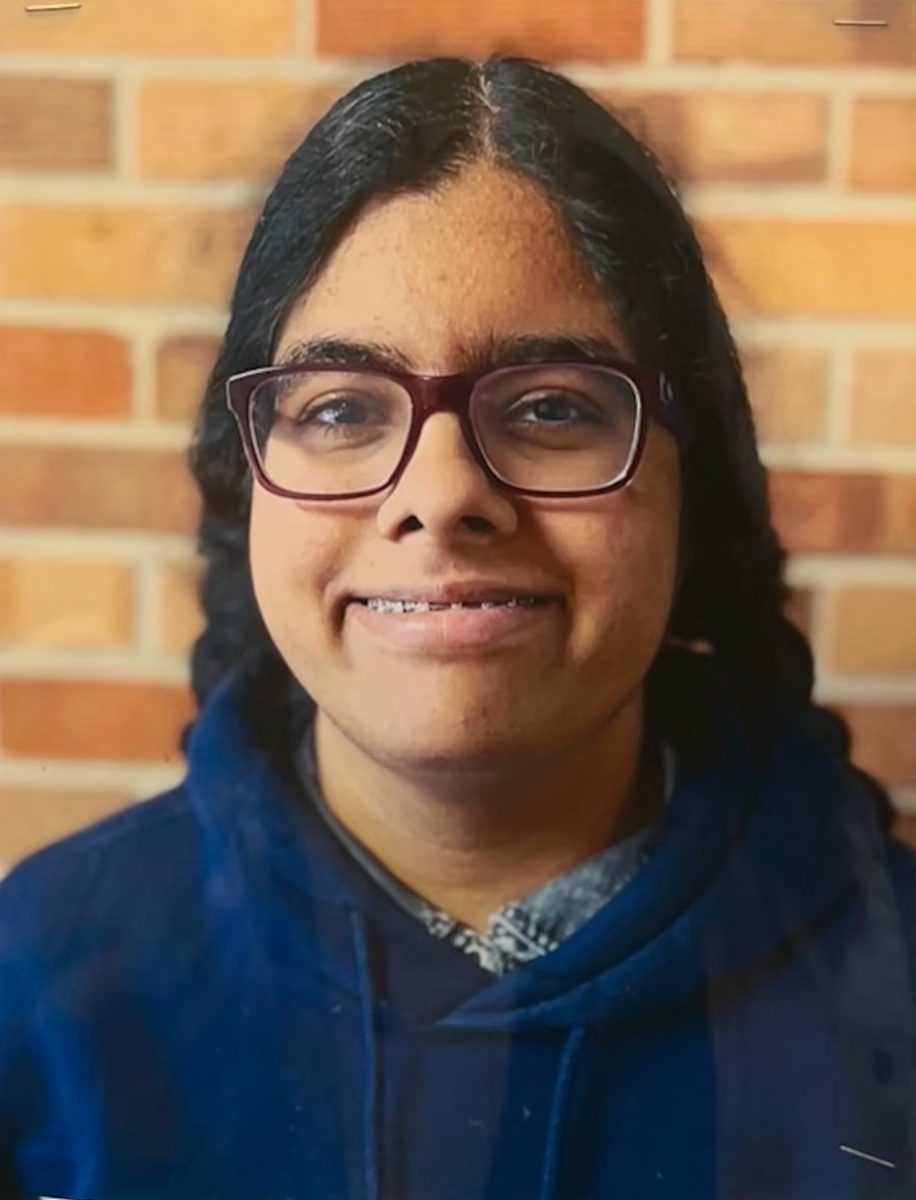Millions on the brink of starvation: an overview of Afghanistan’s immense ongoing crisis
February 22, 2022
Approximately four months after the United States finally withdrew from its 20-year occupation of Afghanistan under the order of President Joe Biden, the fragile nation went into a state of complete shambles because of the severe drought and famine, resulting in millions on the brink of starvation.
Recently dubbed the “World’s largest humanitarian crisis” by the United Nations World Food Programme, many Afghans are on the brink of extinction because of the lack of necessities. As the Taliban took over the nation on Aug. 15, 2021, the government of Afghanistan collapsed, leaving more than half a million without jobs and salaries. It left only 17 percent of the country’s more than 2,300 health clinics functional, causing further chaos and reducing vital medicine. Because Afghanistan never got the chance to function independently in the last two decades, the government remains heavily aid-dependent. Progress in other areas such as health care and education, especially for women, has also regressed. According to the United Nations Development Programme, Afghanistan could face universal poverty by the middle of this year, “with 97 percent of Afghans living below the World Bank-designated international poverty line of $1.90 a day.”
In early January, the U.S. announced that it was giving an additional $308 million in humanitarian aid to Afghanistan, meaning the amount of money given since October of 2021 is now roughly $780 million. In an attempt to further alleviate the crisis, American and European diplomats traveled to Oslo on Jan. 23 to discuss a plan with the Taliban to hopefully reduce tensions and better living conditions for the citizens of Afghanistan. Before the conferences started, Amir Khan Muttaqi, the Acting Minister of Foreign Affairs of the Islamic Emirate of Afghanistan, tweeted out how he hoped the trip “Would be good with many achievements accomplished.” Though the details of the Oslo summit were held behind closed doors, thus making the information not available to the public media, Muttaqi said the talks with the Westerners were “promising,” according to Al Jazeera, a Qatari media company.
Fast forward to Jan. 31, when NBC News reported a story of a single mother who is desperately struggling to feed her five heavily malnourished children. For over a month, Sakina, the mother, and her children were on a diet of rice, beans, and crusts of dry bread. Later, she was rushed through the freezing mountains to reach one of the few hospitals that were still functioning to try and save Nisar Ahmed, her 2-year-old son with an irregular heartbeat.
“He’s been sick for like two months and not recovering,” said Sakina in an interview with NBC News London Supervising Producer Yuka Tachibana.
Unable to be adequately fed, the boy weighed 17 pounds, severely underweight for his age. In addition, he required oxygen through a mask every two hours because of his irregular heartbeat. As the family has not seen meat in over a month, a lack of protein is evident, as Sakina’s other children are in conditions only slightly better than Nisar.
But of course, Sakina is just one of the many cases of near-starvation and death. Millions sprawled across the country face similar conditions, unable to provide for themselves and their families.
Delivering humanitarian aid as quickly as possible is “Our first and most urgent priority in Afghanistan,” an anonymous United States State Department spokesperson said.
Currently, food is being distributed by the United Nations World Food Programme (WFP) in multiple different centers across Afghanistan. In addition, the U.N. is providing monetary funding to the best of their ability, as they pledged to give around $4.4 billion over the course of this year.
But for the time being, until further aid starts to flow in and Afghanistan’s economy is back on its feet, millions of people like Sakina will be forced to endure the rest of the harsh winter, where some will inevitably perish.
As Sakina mentioned, “What can we do? We have to accept it the way it is.”



